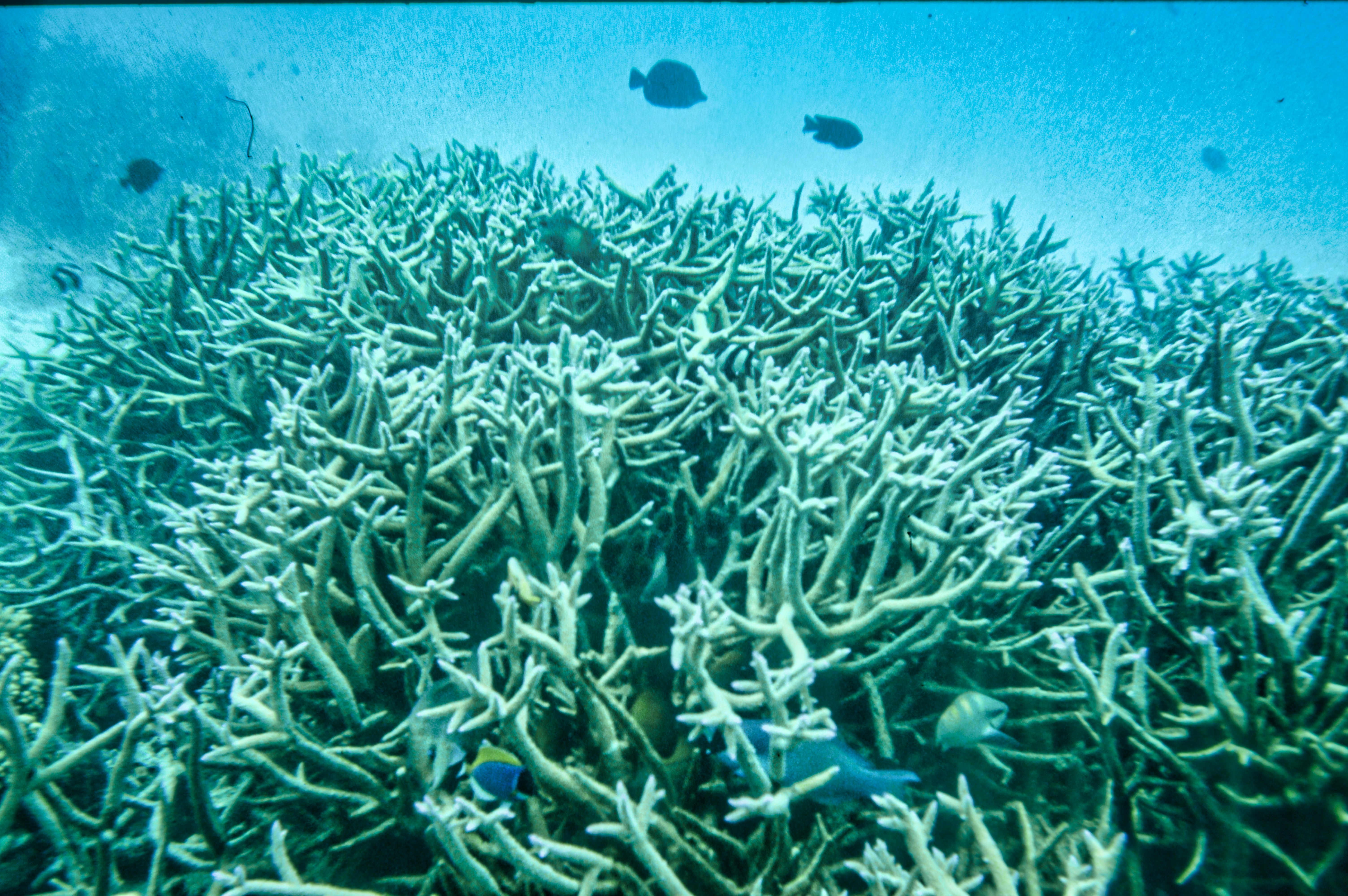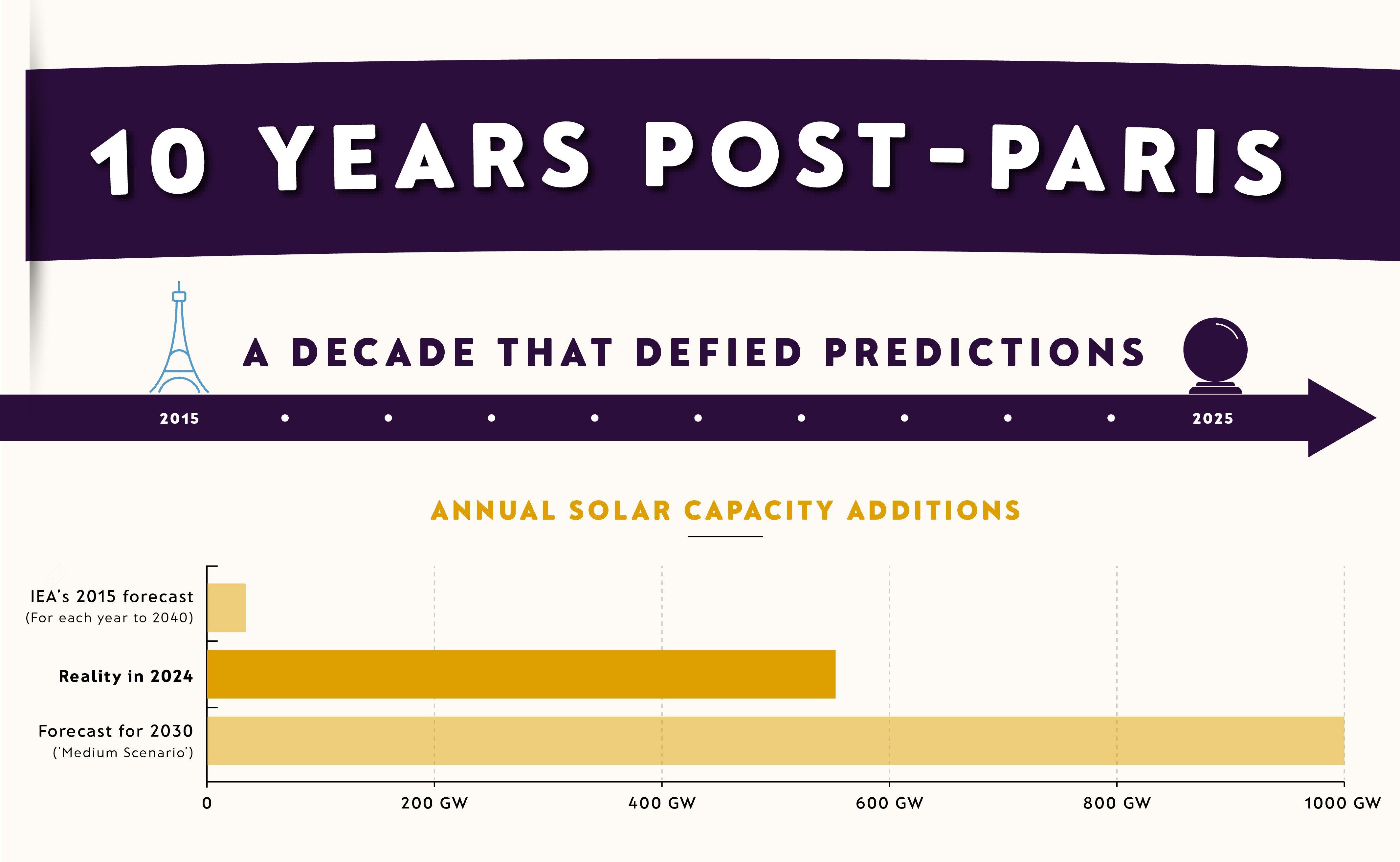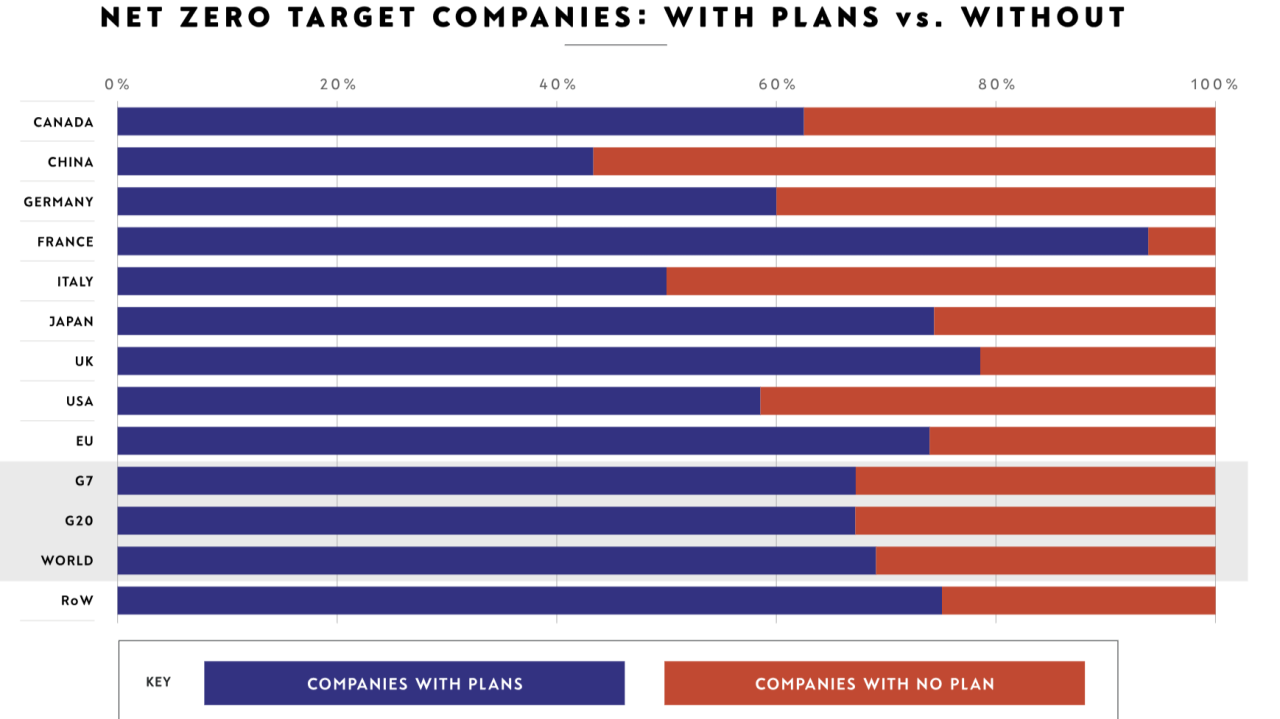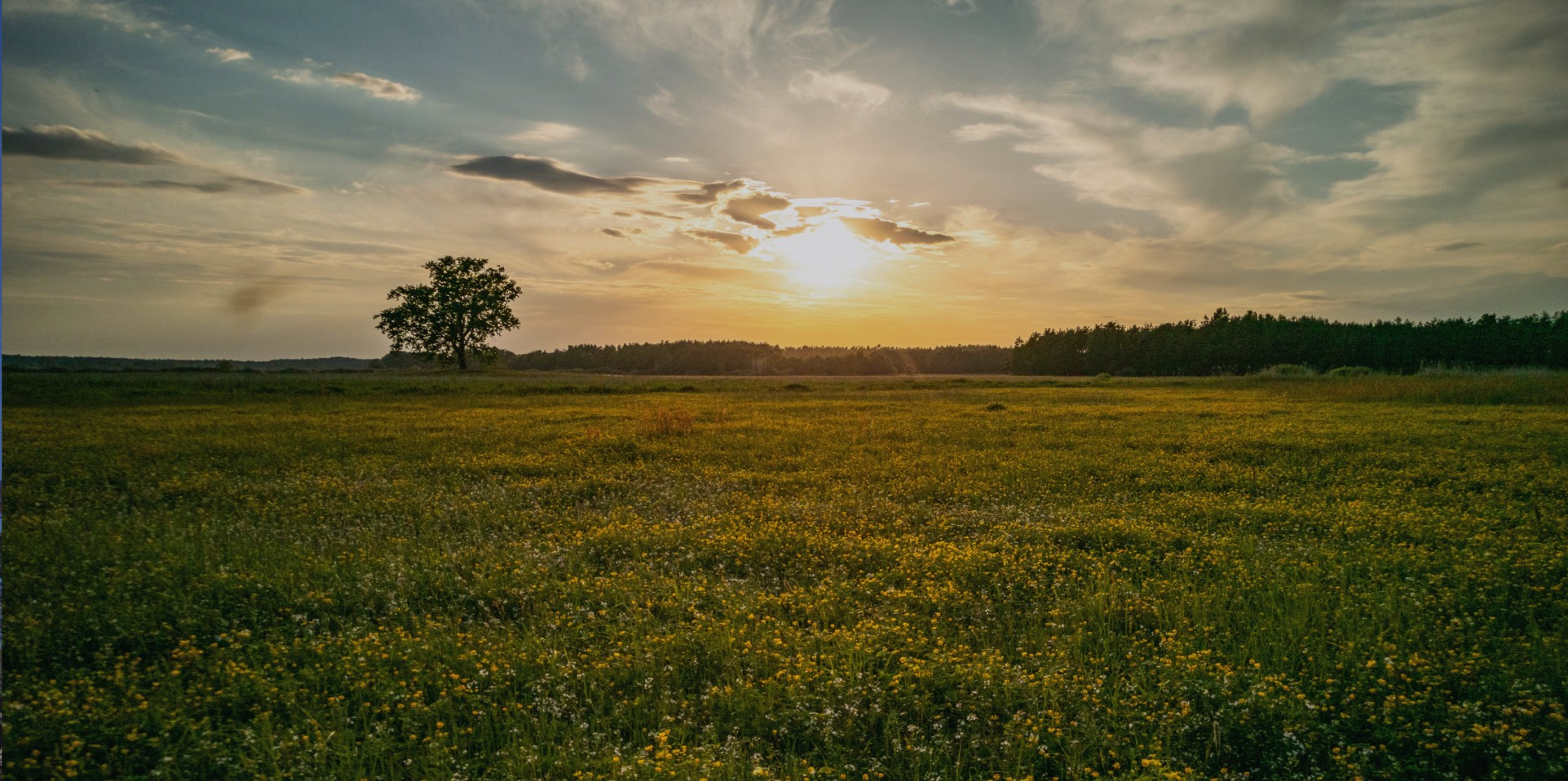
What are green skills?

Henry White
Co-founder and CEO of xUnlocked
Navigating the urgent skills gap in the workforce

The alarm is sounding loud and clear: a critical skills gap threatens the progress of the green transition. Business leaders and governments alike emphasise that a highly skilled workforce is vital for economic growth and achieving climate goals. Yet despite widespread recognition of this need, confusion persists about what green skills truly encompass and how businesses can effectively integrate them.
A new focus: Skills England and the green transition
The demand for green talent is rapidly outstripping supply. According to LinkedIn’s Global Green Skills report, demand grew by 11.6% between 2023 and 2024, while supply increased by just 5.6%. To meet future needs, the green talent pool must double by 2050 — at a minimum.
In delivering the recent budget, Chancellor Rachel Reeves underscored the government’s commitment to “restore economic stability”. To meet these needs, the government launched Skills England, a program designed to enhance educational outcomes and workforce mobility. When launching the programme, Prime Minister Keir Starmer noted, “Our skills system is in a mess, which is why we are transforming our approach to meet skills needs over the coming decades.”
Among Skills England’s top priorities are the skills required to support the UK’s ambitious environmental targets. At the United Nations COP29 climate summit, the Prime Minister committed to an 81% reduction in emissions by 2035 — the new goal is in line with a recommendation from a committee of climate advisers who said last month the target should exceed the current 78% cut to emissions, measured against 1990 levels.
In the green transition, a fifth of UK jobs will be directly impacted, with about half of these roles requiring significant upskilling, according to the Skills England report. Workers in carbon-intensive sectors, such as fossil fuels, will need to pivot to more sustainable industries, like renewable energy, while others will take on new responsibilities in sectors like green finance and environmental protection.
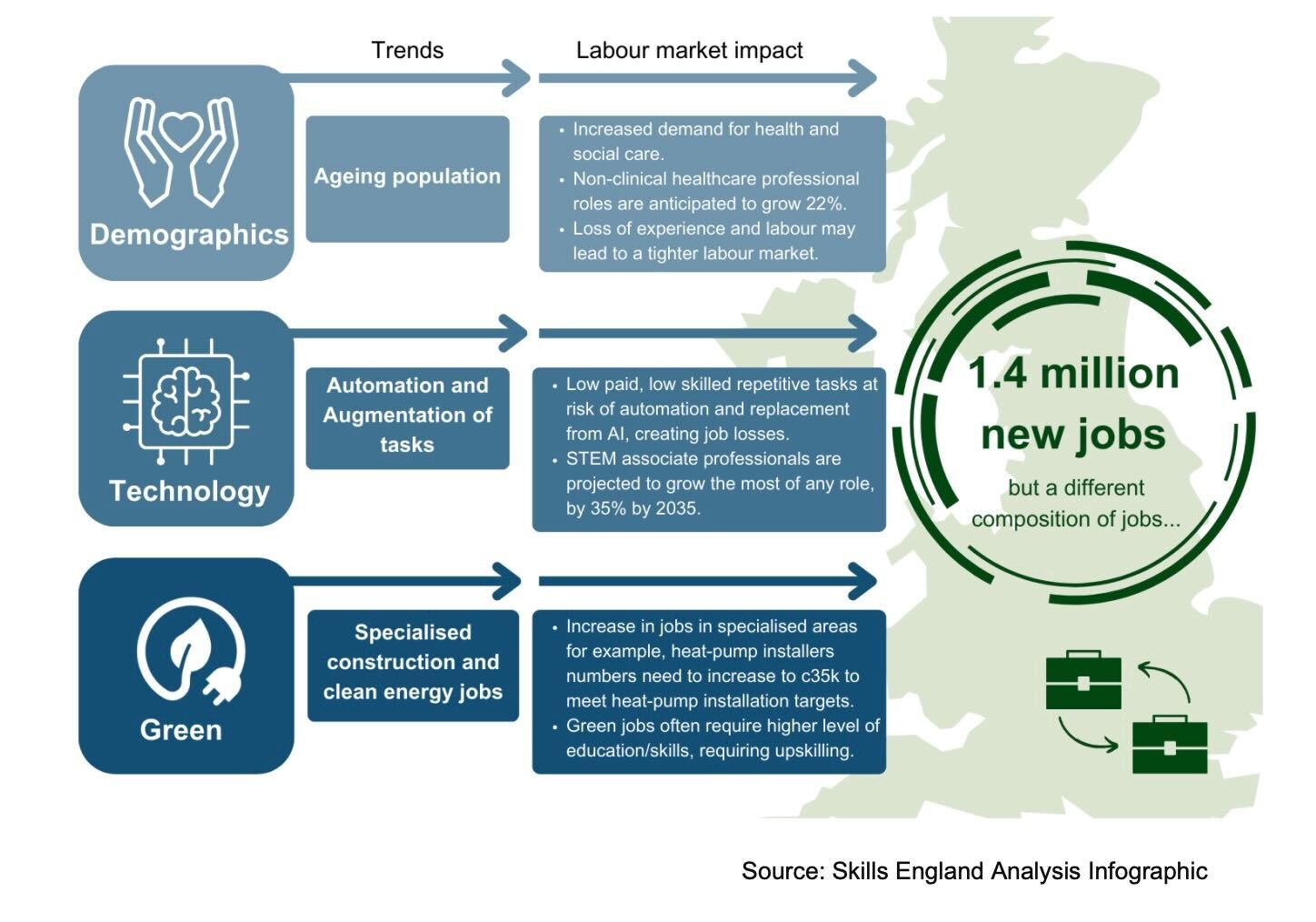
Source: Skills England: Driving Growth and Widening Opportunities
Despite broad recognition of the need for green skills, there is still considerable uncertainty about what these skills encompass and how businesses can incorporate them effectively. Santander’s Tomorrow’s Skills report highlights that most people associate “green skills” with terms like “recycling” or “gardening,” rather than understanding them as strategic capabilities for advancing sustainability goals. Research from The Prince’s Trust reveals that only 27% of young people had heard the term green jobs and could explain what it meant.
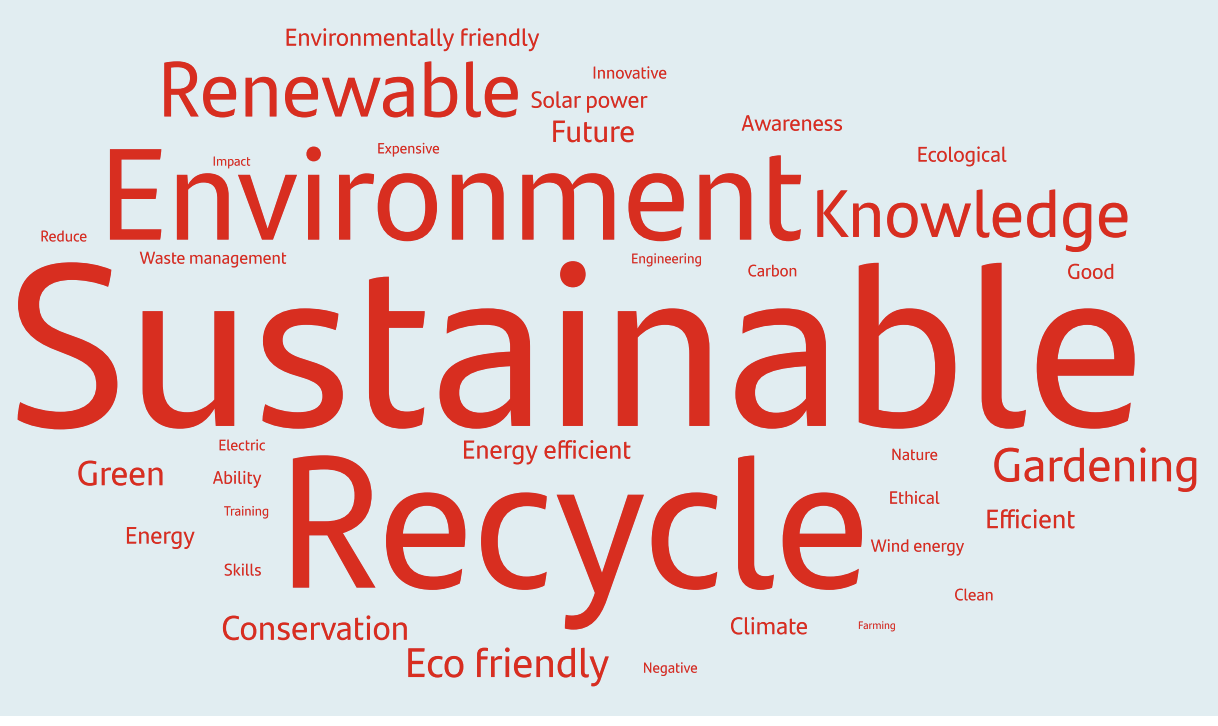
Source: Santander’s Tomorrow’s Skills report
Defining green skills: Broad, essential, and cross-functional
Defining green skills can be challenging. As Economist Impact notes, “given the ambiguity implicit in a broad definition of green skills, making precise statements relies on a clear framework that differentiates between the different types of green skill. As such, a working definition of green skills that distinguishes between three broad categories is set out as follows”.
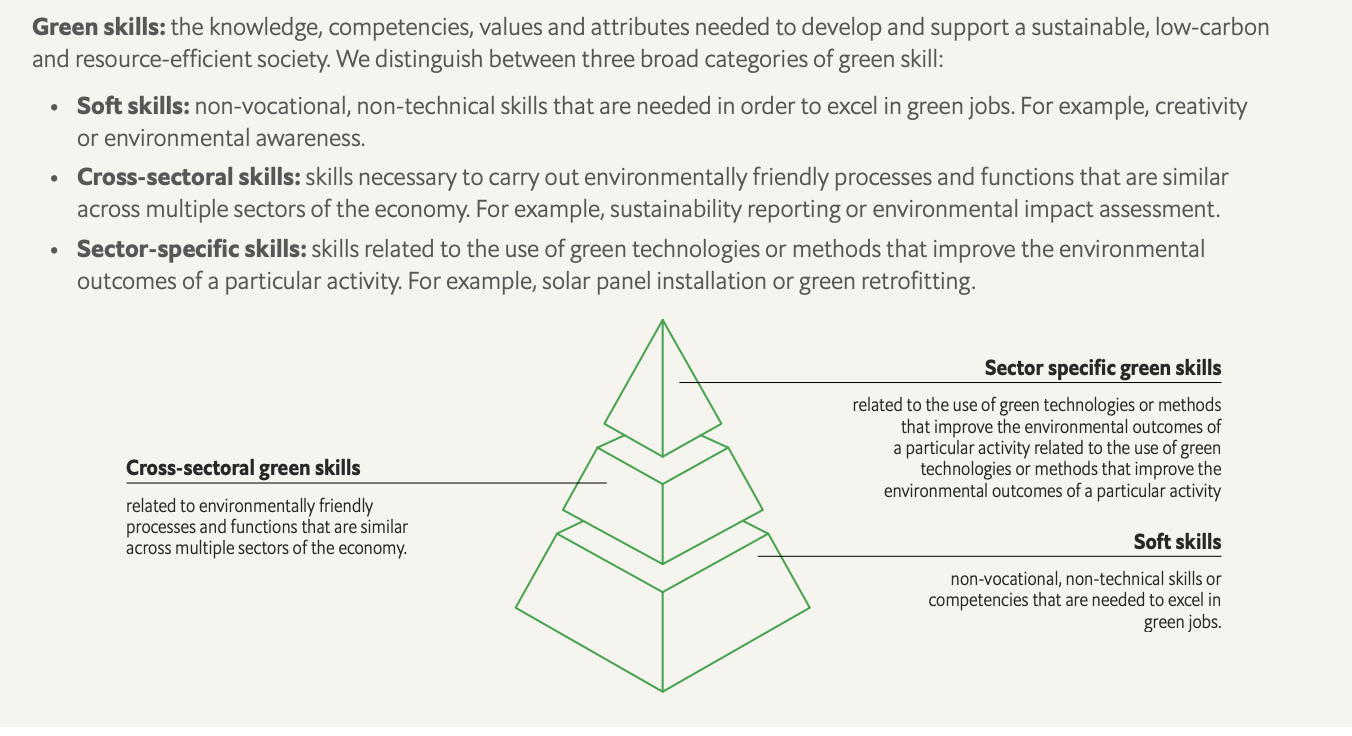
Source: Green Skills: Driving the Transition to a More Sustainable Future
According to the Green General Skill index, green skills can be broken down into several key categories:
- Engineering and technical skills: These are essential in green sectors, such as renewable energy, where engineers must transition from traditional roles to new, sustainable applications.
- Science skills: Vital for roles in environmental sciences, conservation, and sustainable agriculture, where knowledge of ecological systems supports green transitions.
- Operational management skills: Effective resource management, especially in supply chains, plays a key role in sustainability.
- Monitoring and compliance skills: Professionals equipped to handle regulatory changes and sustainability reporting are increasingly sought after.
However, these are just the tip of the iceberg. Beyond technical capabilities, a mindset shift is essential to understanding that green skills are not confined to traditional green sectors but are foundational across the entire economy. The transition to Net Zero is a transformative opportunity for businesses and individuals to drive meaningful change. Real progress happens both bottom-up and top-down. Limiting green skills to specific roles undermines their broader potential; true impact comes when all workers, regardless of their position, understand their responsibilities and contributions to sustainability.
The Green Jobs Taskforce claims that “every job has the potential to become ‘green’ as the world moves to combat climate change, and there are a huge range of skills which will support the transition to a net zero economy.” While many green skills are tied to sectors like energy or waste management, they are now crucial across almost every industry. Today, green skills are valuable to almost any role and sector as businesses seek to align with sustainability targets.
Beyond technical: Soft and transferable skills in green roles
While technical abilities remain essential, green skills also include non-technical skills that enable broader collaboration and problem-solving. Skills England projects that by 2035, transferable skills like communication, problem-solving, and creative thinking will be among the most in demand. These skills are critical in the green economy, where workers need to communicate complex sustainability issues clearly and work collaboratively across departments.
It’s particularly noticeable when it comes to interdisciplinary value in achieving sustainable goals. “Frankly, it's essential. Without it, we're not going to get very far. And yet, I speak to finance teams, and I find that they're not talking to sustainability teams. It's partly because we don't have the language,” said Michelle Horsfield, Executive Director of ESG Advisory at SMBC Group, at the recent Sustainability Insights from a Carbon Markets Industry Leader webinar. She also pointed out that this lack of internal communication underscores the need for green skills that bridge silos and foster a culture of shared knowledge and innovation.
At the same time, building a career in sustainability doesn’t mean everyone has to become a climate scientist or environmental engineer, notes Samuel Temidayo Osinubi, an avian behavioural ecologist who has worked in a variety of roles across multiple continents in Navigating the Net Zero Jungle sprint on Santander Open Academy. He referenced the World Economic Forum's Future of Jobs Report 2023, which highlights key skills needed in the evolving job market. These skills can be grouped into two categories: analytical and digital skills, and human skills. He also looks at how they relate to sustainability.
- Analytical thinking: In sustainability, analytical thinking drives professionals to develop strategies for reducing carbon footprints, improving resource efficiency, and innovating sustainable business models.
- Digital literacy: For sustainability, this includes using renewable energy systems, environmental monitoring tools, and data analytics platforms to track and optimise sustainability metrics.
- Resilience skills: Resilience is crucial for managing uncertainties associated with climate impacts and the shift to sustainable practices.
- Motivation and self-awareness: In sustainability, self-awareness helps individuals align their values with professional goals, deepening their commitment to green practices.
- Curiosity and lifelong learning: Curiosity fosters innovation, prompting professionals to explore new sustainable solutions, while lifelong learning keeps them adaptable in a rapidly evolving field.
- Creative thinking: Creative thinking enables professionals to envision innovative ways to achieve sustainability, making them essential drivers of sustainable progress.
Building a future-ready workforce
As green roles evolve, the skills landscape will continue to transform. With the green transition gathering momentum, companies that invest in their people and proactively address the skills gap will be best positioned to thrive. The message is clear: green skills are more than a trend; they are the building blocks of a sustainable, competitive, and future-ready economy. By fostering these skills, businesses can not only keep up with the pace of change but also contribute meaningfully to a sustainable future.

Henry White
Share "What are green skills?" on





























